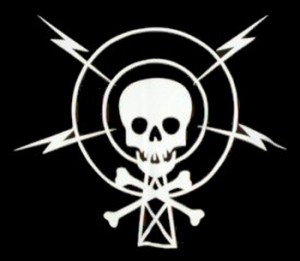
It may be hard to believe that Spain only this year passed a law that gives a new Spanish central radio authority the ability to pursue and shut down unlicensed radio broadcasters. Back in January the Spanish radio industry group AERC complained that 3000 pirate stations are operating in the country and need to be shut down.
For its part the government recently claimed to have opened 109 cases against pirate operators since 2007. With the recently passed law the secretary of the Media of the Generalitat says the job will become easier.
I know relatively little about radio broadcasting in Spain, although I have often heard that the radio dial is more chaotic than in other European countries. For instance, apparently 504 of the unlicensed stations are operated by municipalities. (Just imagine if your local city or town government ran its own pirate radio station!) Additionally, some 124 ostensibly licensed stations operate on a frequency other than the one they were assigned.
Given these kinds of stats I seriously doubt that the Spanish government is likely to make much of a dent in the country’s number of unlicensed stations. The FCC has been around for seventy-six years and I wouldn’t be surprised if there weren’t at least 3000 pirate stations operating in the US right now. At best the Commission does a pretty good job of keeping unlicensed operators more underground and less organized by playing a good game of cat and mouse. I reckon Spain has quite a way to go before it can even hope to have that level of success.
from Radio Survivor

